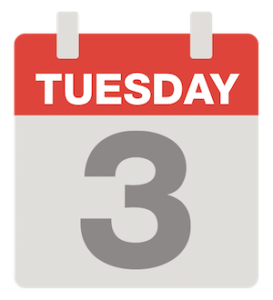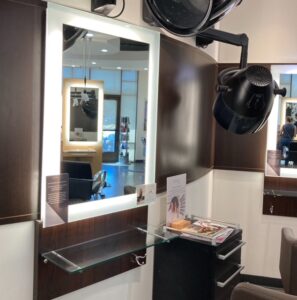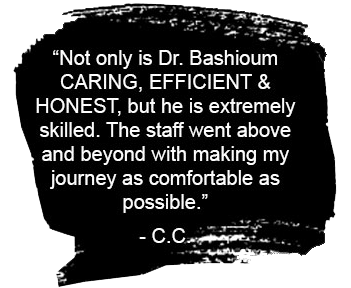Best Time to Have Cosmetic Surgery?
September 21st, 2021
When is the best time to have Cosmetic Surgery? Sometimes my patients want to know when is the best time for them to have cosmetic surgery. Unless there is a particular concern in scheduling the procedure, the best time to consider having elective cosmetic surgery really depends on how much something bothers you. I find that life circumstances may often drive the decision to make a change. Major milestones, such as a birthday, divorce or losing a loved one, sometimes contribute to wanting physical renewal. And now a new factor appears to be instrumental because during the pandemic, many people were commuting to the office via Zoom. This unusual situation seems to have influenced patients to make several lifestyle changes and cosmetic surgery nipntucks are apparently among those changes.
Of course, it is unwise to rush into the decision to have elective cosmetic surgery. The decision to have surgery requires thoughtful consideration. It should represent a thorough understanding of the procedure, pre-op preparations, post-op care and restrictions, and 100% confidence in your surgical team.
Details to Tell Your Stylist After Facial Cosmetic Surgery
August 23rd, 2021
3 DETAILS TO TELL SALON AFTER FACIAL COSMETIC SURGERY
While we want you to look and feel more confident without looking like you have changed your identity, our objectives include offering you the most natural results and 3 important tools for a safe recovery. When you are visiting your salon (aesthetician, hair guru or makeup artist) for the first time after having facial cosmetic surgery, please consider sharing this important information with them to ensure your safety.
1. Tell them how you feel. Healing takes time and each person is different in the way they heal and the time it in which it takes. Although you may feel well enough to go back to most activities of daily living just a few days after surgery, your body is still healing and there may be areas of your face and scalp that are still sensitive or numb to the touch. Share this information and safety recovery tips with your stylist so that they may take necessary precautions to keep you safe and comfortable during your first salon appointment.
2. Show them your incisions. Incisions are necessary for surgery, but we carefully place the resulting scars in areas of your body where they will be hidden by natural skin creases, hairstyle and/or light make-up. The average scar takes about six weeks to heal. Share this information with your stylist to help protect healing skin from procedures or products that may be harmful during the recovery process.
3. Tell them about changes in sensation. Temporary changes in sensation are common after surgery. These changes may take up to six months to return to normal. During recovery you may experience numbness and/or tingling in your face and scalp and be unable able to judge whether something is too hot or too cold. If you experience these sensations following facial surgery, please inform your stylist, to help them protect you from unsafe styling routines and products.


